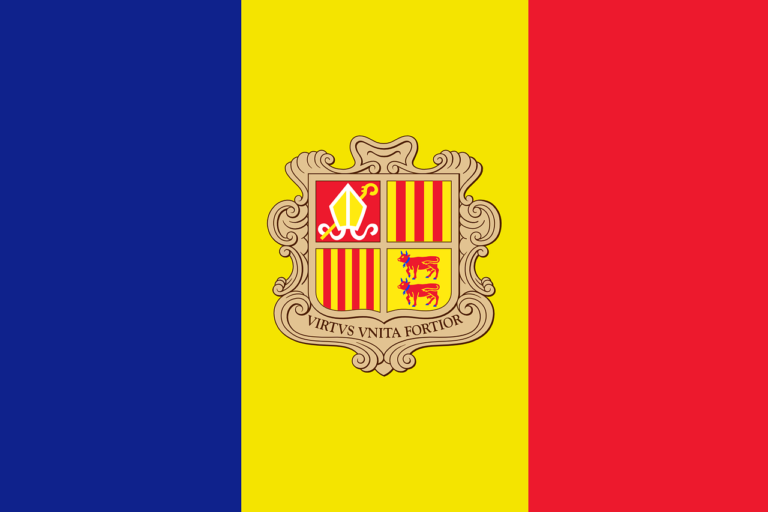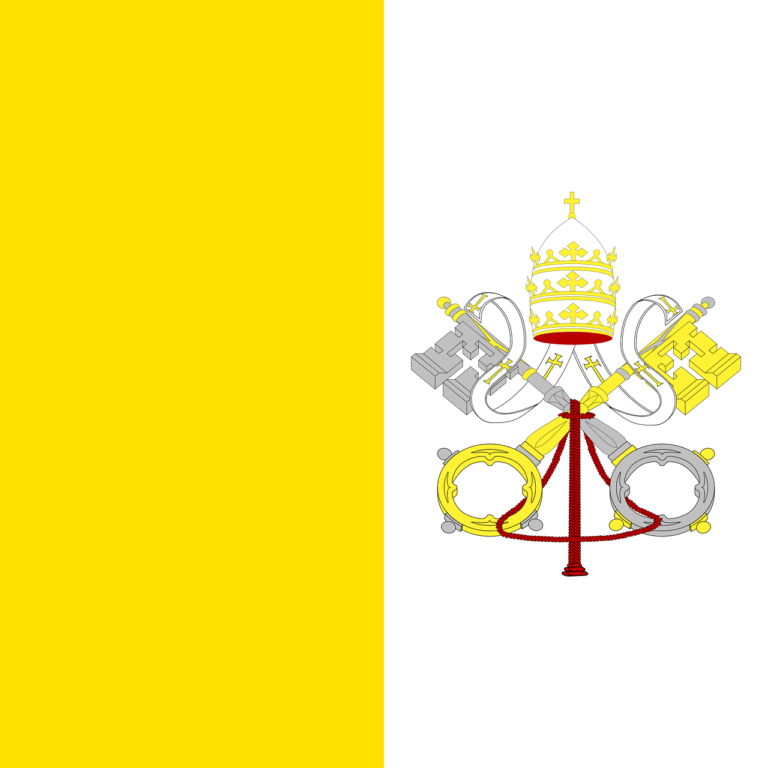Flags hold profound symbolism, encapsulating a nation’s history, values, and aspirations. The national flag of Greece, with its distinctive blue and white horizontal stripes and a white cross on a blue canton, stands as a proud emblem of the country’s ancient heritage, democratic ideals, and indomitable spirit. In this blog post, we will delve into the captivating story behind the Greece national flag, tracing its origins, symbolism, historical significance, and its enduring importance in contemporary Greek culture.
Origins and Evolution:
The Greece national flag, known as the “Flag of Greece” or “Galanolefki,” features nine equal horizontal stripes of blue alternating with white, with a blue canton in the upper hoist-side corner that holds a white Greek cross. The design dates back to the revolutionary period of the early 19th century, during the Greek War of Independence against Ottoman rule. Over time, the flag has undergone modifications, but its core elements have remained steadfast, symbolizing Greece’s enduring spirit.
Symbolism and Meaning:
The colors and symbols of the Greece national flag hold profound significance. The blue and white stripes represent purity, freedom, and the azure sky and waves that surround Greece. The white cross on the blue canton symbolizes the Greek Orthodox Church, a dominant force in Greek culture and spirituality. Collectively, the flag embodies the principles of independence, spirituality, and the rich cultural heritage of Greece.
Historical Significance:
The Greece national flag carries immense historical significance, representing the country’s struggle for independence and its deep-rooted democratic traditions. During the Greek War of Independence in the early 19th century, the flag emerged as a symbol of resistance against Ottoman rule and the desire for self-governance. It became a rallying point for Greeks, symbolizing their yearning for freedom and national identity.
Contemporary Importance and National Identity:
In modern-day Greece, the national flag holds great importance and is proudly displayed throughout the country. It is hoisted on public buildings, private residences, and during national celebrations and events. The flag serves as a powerful symbol of Greek pride, unity, and identity, instilling a sense of belonging and solidarity among the Greek people. It represents the values of democracy, cultural heritage, and resilience that define Greek society.
The Greece national flag plays a crucial role in shaping the national identity of the country. It is a unifying emblem that transcends regional differences and reminds Greeks of their shared history, values, and common goals. The flag represents the enduring spirit of the Greek people, their contributions to Western civilization, and their commitment to democratic principles.
International Recognition and Influence:
The Greece national flag is recognized worldwide, symbolizing Greece’s rich cultural legacy, democratic values, and contributions to human civilization. It is proudly displayed at Greek embassies, consulates, and international events, representing Greece’s diplomatic relations and its cultural and historical influence. The flag’s design has also influenced various fields, including art, architecture, and fashion, showcasing its enduring appeal and recognition on the global stage.
The Greece national flag, with its iconic blue and white stripes and the symbol of the Greek cross, embodies the ancient glory, democratic spirit, and enduring cultural heritage of the Greek people. It stands as a powerful symbol of Greece’s struggle for independence, its contributions to human civilization, and its unwavering commitment to democratic ideals. The flag fosters a sense of national pride, unity, and resilience among the Greek people, transcending boundaries and symbolizing Greece’s esteemed place in the world. As Greece continues to forge its path forward, the national flag will remain a cherished emblem, representing the country’s enduring values and its proud Hellenic heritage.





